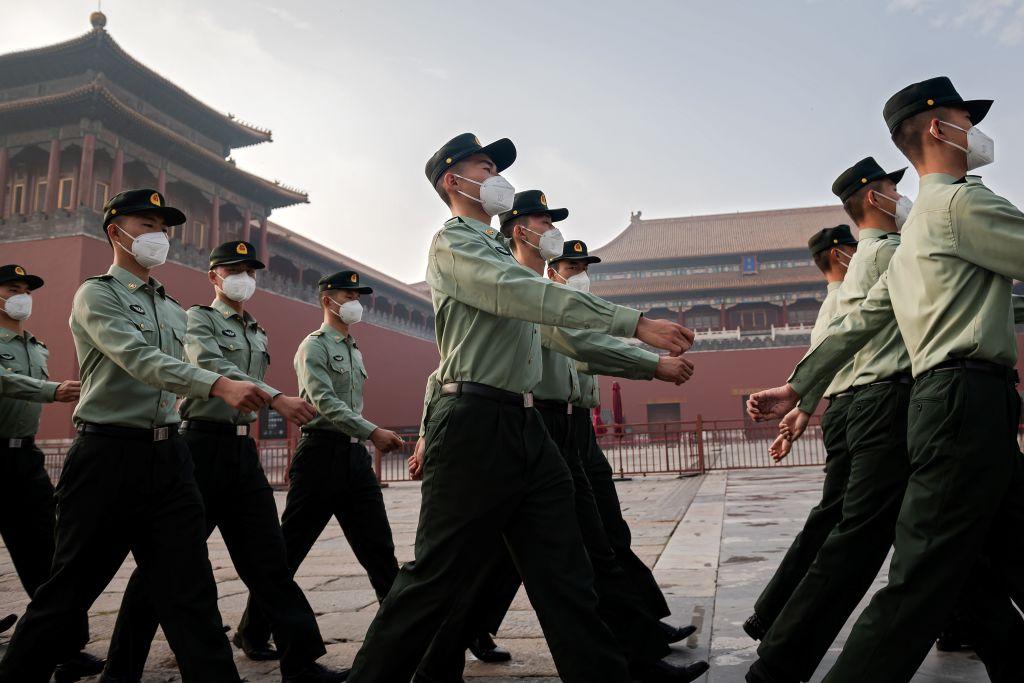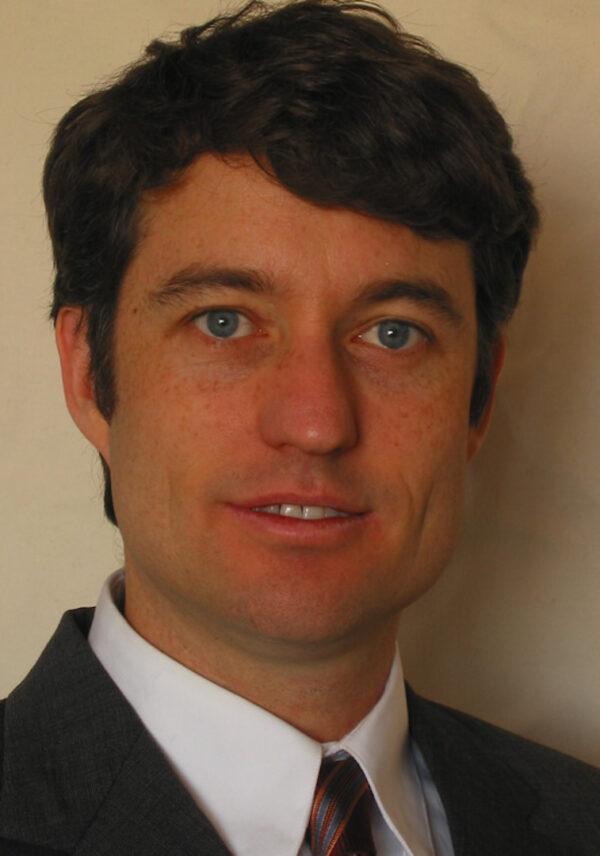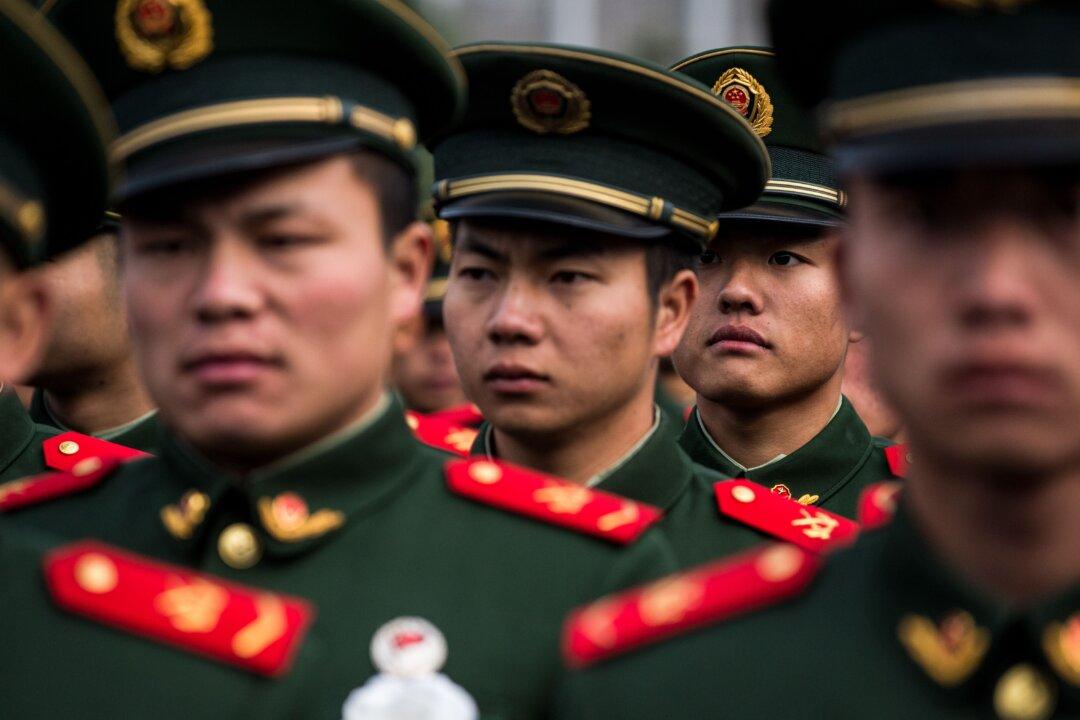In her latest paper, Brady wrote that the CCP “is preparing China for what the Chinese leadership believes is an inevitable war.”
“The New Zealand government needs to work with businesses and universities to devise a strategy to prevent the transfer of military-end-use technology to China,” the research states.
It also claims that a number of universities in New Zealand have links to the Chinese regime’s 5G telecommunications company Huawei, and that some academics have participated in Beijing’s well-financed recruitment program, the Thousand Talents Plan, which has come under close U.S. scrutiny over possible threats to national security.
The Thousand Talents Plan was rolled out by Beijing in 2008, and is China’s most prominent state-run recruitment program. Hundreds of similar operations exist at the central and local government levels, aiming to attract promising overseas Chinese and foreign experts in the fields of science and technology to fuel China’s innovation drive. The CCP plays a central role in executing the recruitment plan.
“By accessing universities or tech companies in states with an advanced technology sector like New Zealand, the PLA can get a foothold within the international network of scholars working on a given subject area,” the paper states.
“New Zealand commercial and educational links with PLA-affiliated organizations and individuals raise national security, as well as reputational, ethical, and intellectual property risks. Some of these links potentially breach New Zealand’s international commitments and domestic laws.”

The long list of signatories to the China watchers’ letter includes China academics and researchers, such as Adrian Zenz, senior fellow in China studies at the Victims of Communism Memorial Foundation; Louisa Greve, director of global advocacy at the Uyghur Human Rights Project; Luke de Pulford, coordinator of the Inter-Parliamentary Alliance on China; and Benedict Rogers, chief executive and founder of Hong Kong Watch and deputy chair of the UK Conservative Party Human Rights Commission.
“We are shocked to read that your Deputy Vice Chancellor, Professor Ian Wright, gave a statement to the press confirming that the university was entertaining the complaints, and giving them currency by explaining that they allege that the paper contains ‘manifest errors of fact and misleading inferences,’” the letter states.
It describes Brady’s work as “groundbreaking” and said it has had “profound impact internationally.”
“We, who know this area, can see no manifest errors or misleading inferences based on the evidenced material provided in the report. The paper does not make inferences. People who study it may draw some, but that does not mean the paper made them, misleading or otherwise.
“[Brady] has been the target of a harassment campaign and threatening menace because of the serious implications of her important research.
“We ask that you issue a prompt and full apology to Professor Brady on behalf of the University of Canterbury for not rejecting the complaints against Professor Brady and instead referring the complainants to the normal way of disagreeing with a paper—publishing their criticism. Professor Wright should publicly apologize for allowing his statement to give credence to the complaints, whether or not he intended that.”

U.S.-based signatory Anders Corr, principal of Corr Analytics, told The Epoch Times that Wright, who has commented negatively in the media about Brady, is “an underwater volcano expert-turned-generalist and has absolutely no expertise in Chinese politics.” He suggested that the letter’s signatories, who are almost all China experts, are the “only ones with the competency to judge her work.”
“In effect, Ian Wright is a hatchet man smearing Professor Brady’s good name while apparently looking for an excuse to fire her for a paper that points out an inconvenient truth: New Zealand’s government and universities are in bed with China’s military and could very well be violating domestic and international law while putting world peace at risk.”
Brady’s lawyers didn’t immediately respond to requests by The Epoch Times for comment.
An unnamed spokesperson for the University of Canterbury (UC) told The Epoch Times in an emailed statement that it is “responding to four formal complaints from academic staff at other universities and at UC, challenging the truthfulness of claims in a published article by Professor Brady.”
“UC is taking these complaints seriously and has initiated an academic review to test the veracity of the claims made in the published article, as reputations of academics are in question,” the spokesperson said, adding that the university “affirms its support for the ‘freedom of academic staff and students, within the law, to question and test received wisdom, to put forward new ideas, and to state controversial or unpopular opinions,’ as specified in the Education Act.”





